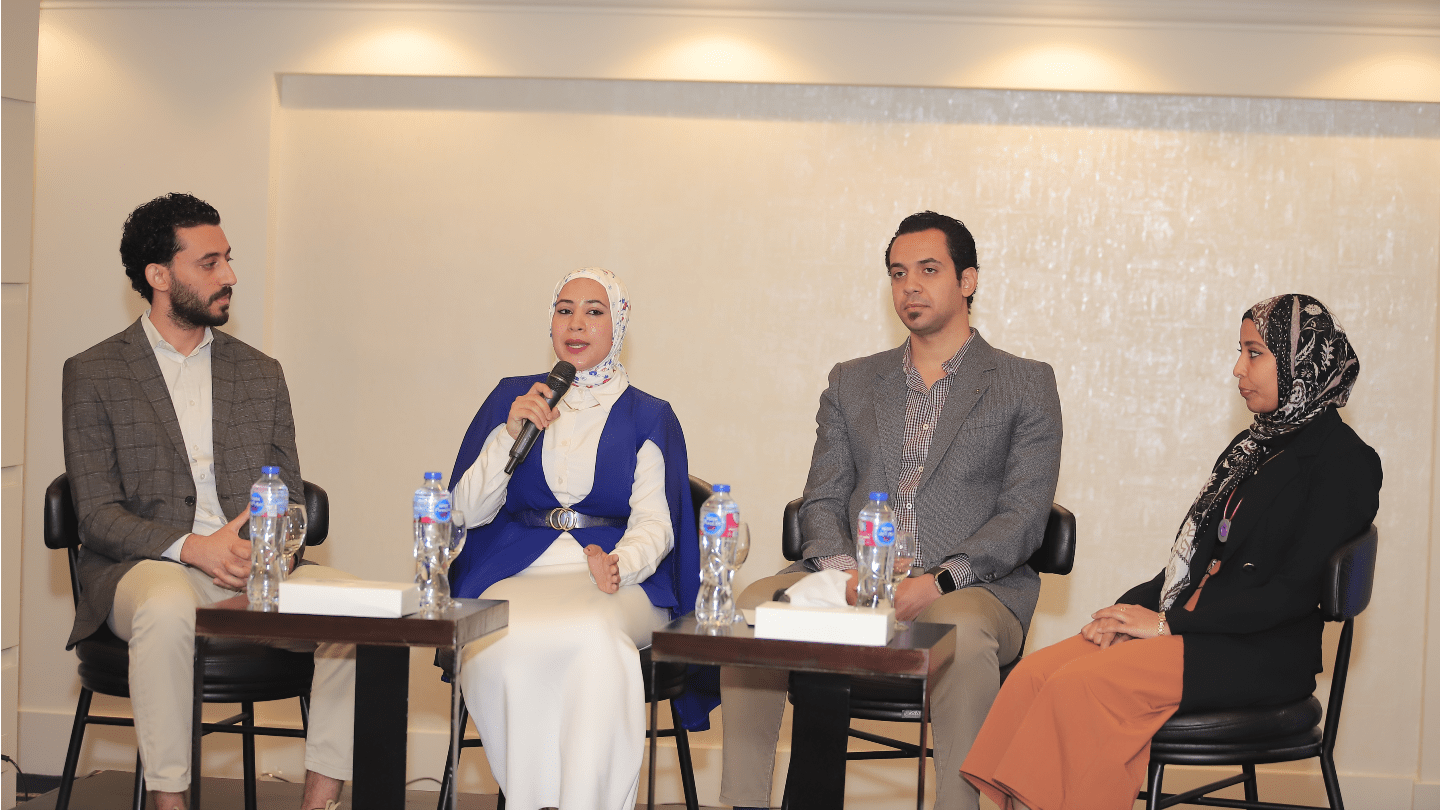UNFPA Egypt commemorated Menstrual Hygiene Day on May 28, in cooperation with the National Council for Women and the National Council for Childhood and Motherhood, shedding light on the importance of menstrual health and hygiene, challenging the social stigma surrounding it, and advocating for the dignity and equality for women and girls.
Dr. Sonbaty conveyed a message to girls saying, "Menstruation is not a shame, nor an illness, but rather a natural and healthy part of a woman’s life. However, unfortunately, it is still surrounded by many misconceptions that can leave harmful psychological and physical effects on girls."
“Achieving menstrual health equity demands bold and collective action. I urge all present—government, development partners, the private sector, and civil society—to strengthen our collaborations. By working together, we can normalize conversations, end stigma, and ensure that no girl misses school, no woman is excluded from work, and no one is denied their dignity because of their period,” Sassenrath said.
Under the theme “Breaking Barriers, Building Futures,” UNFPA launched a policy brief during the event, to inform and mobilize stakeholders and decision makers on the issue of menstrual health management, with key recommendations for cross-sectoral collaboration, between the education, health, and economic sectors.
The event also included panel discussions, bringing the experiences and expertise of young volunteers and frontline staff who work in youth programms, humanitarian contexts, as well as the private sector.
UNFPA has led significant efforts in the area of menstrual hygiene, with a strong focus on adolescent girls and young people. Through the Noura Investment Framework, implemented in partnership with the National Council for Women, girls receive comprehensive information on menstrual hygiene. Additionally, the first Arabic-language training manual on the topic was developed, targeting outreach workers affiliated with the Ministry of Health and Population to raise community awareness.
UNFPA also developed a peer education guide aimed at empowering youth to raise community awareness about menstruation. Furthermore, UNFPA partnered with Aziza, Egypt's first Arabic-language menstrual tracking app, to launch an online campaign to raise awareness about menstrual hygiene.
UNFPA also partnered with the private sector such as BeGirl and Shamsi, to raise awareness on menstrual health and hygiene at the Women and Girls Safe Spaces, that offer services to women and girls from refugee communities.


